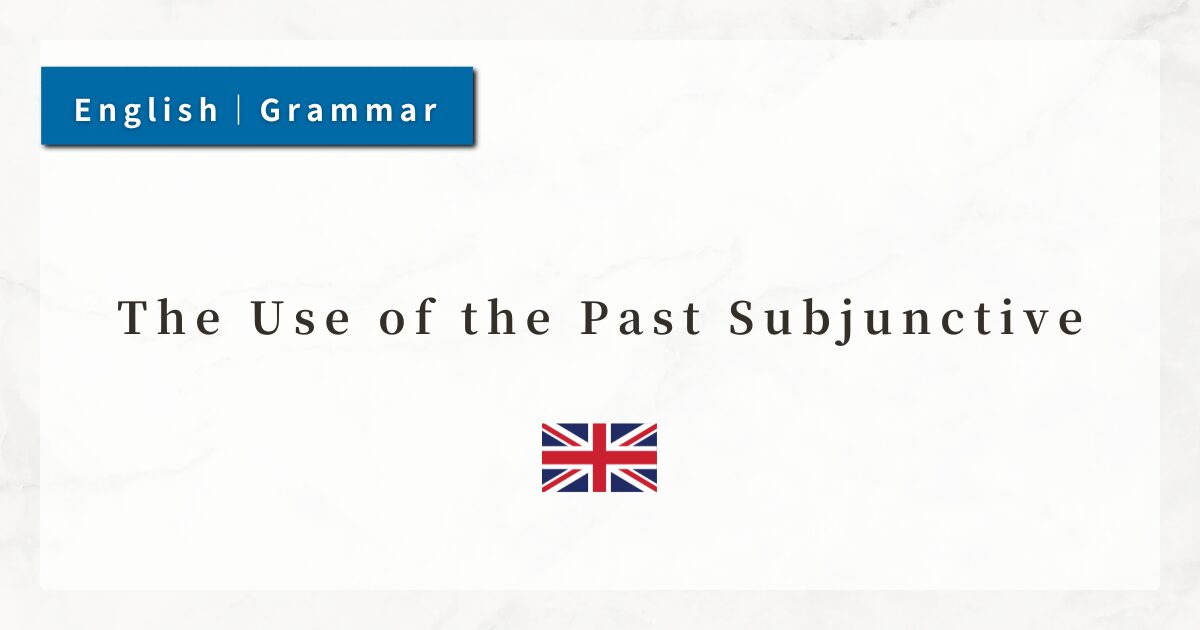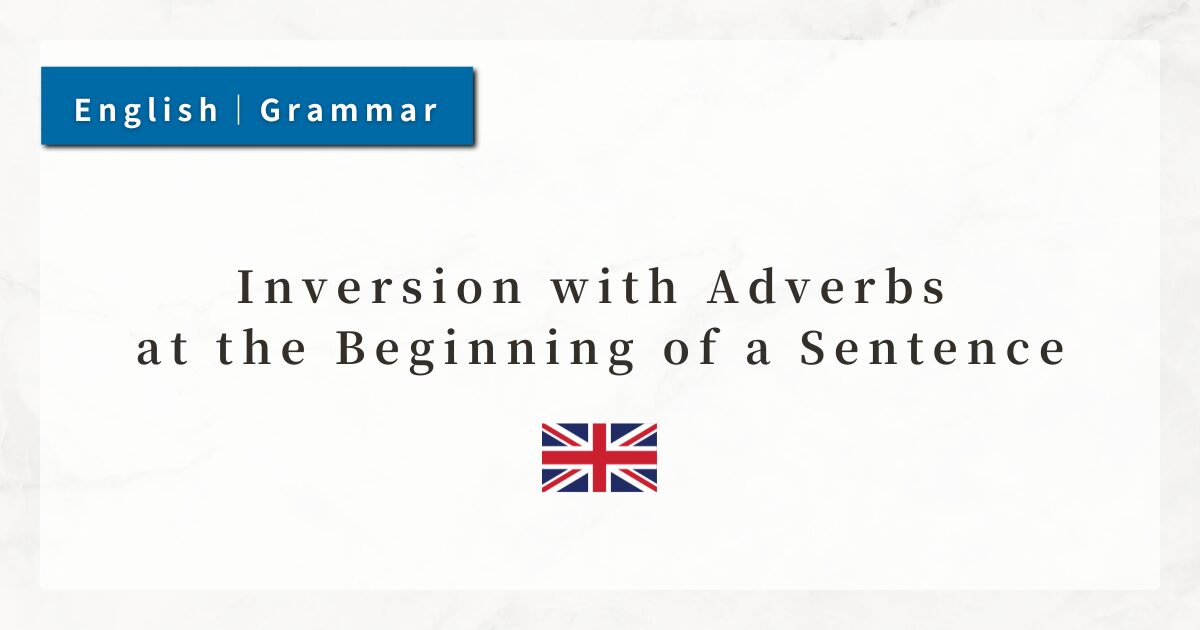#56 The Use of the Past Subjunctive|Expressing “If …, then … would …”

In English, there is a structure used to imagine situations that are different from reality and to say “If …, then … would ….” This is called the past subjunctive.
Although the name includes the word “past,” it does not always refer to the past. The key point is that it expresses a hypothetical situation that is different from the present reality.
In this lesson, I will explain the past subjunctive, which is used to describe unreal situations, along with its grammar points and practical usage.
1. Basic Rules of the Past Subjunctive
The past subjunctive is used in English when we imagine a situation different from reality and want to express “If …, then … would ….”
If + subject + verb in past tense, subject + would / could / might + base verb
- If I had a car, I would drive to work.
Here, the fact is that I do not have a car. The past tense in the if-clause does not show time, but rather marks an unreal or hypothetical condition.
2. Using were with the Verb be
In the past subjunctive, the verb be is used as were for all subjects, even singular ones such as I, he, she, or it.
- If I were you, I would not do that.
In reality, I am not you, so this is hypothetical.
However, in everyday conversation, many speakers—especially in American English—use “was” instead of “were” (e.g., “If I was you”). For formal contexts or exams, using “were” is recommended.
3. Differences in Meaning Depending on the Modal Verb
In the main clause of the past subjunctive, we use would / could / might. Each adds a slightly different nuance:
would → the most common, expresses certainty
- If I studied harder, I would pass the exam.
could → expresses possibility or ability
- If I had more free time, I could learn Spanish.
might → expresses weaker possibility
- If we left now, we might catch the last train.
4. Practical Uses of the Past Subjunctive
4-1. Imagining Situations Different from the Present
- If she were here, we could start the meeting.
→ In reality, she is not here - If I were rich, I would travel the world.
→ In reality, I am not rich
4-2. Putting Yourself in Someone Else’s Position
- If I were you, I would talk to the teacher.
4-3. Inverted Expressions without if
In formal writing, if can be omitted, and the subject and auxiliary verb are inverted.
- Were I you, I would accept the offer.
This form is less common in spoken English but appears in books and exams.
5. Summary
- The past subjunctive expresses unreal situations, equivalent to “If …, then … would ….”
- The word “past” here does not indicate time, but hypothetical or unreal conditions.
- Basic form: If + past tense, subject + would / could / might + base verb
- Use “were” for all subjects with the verb be (though “was” is common in conversation).
- Modal verbs change nuance:
1. would → certainty
2. could → ability/possibility
3. might → weaker possibility - Inversion without if (e.g., Were I you …) exists, mainly in formal writing.
- Differentiate clearly between the past subjunctive (present unreal) and the past perfect subjunctive (past unreal).






